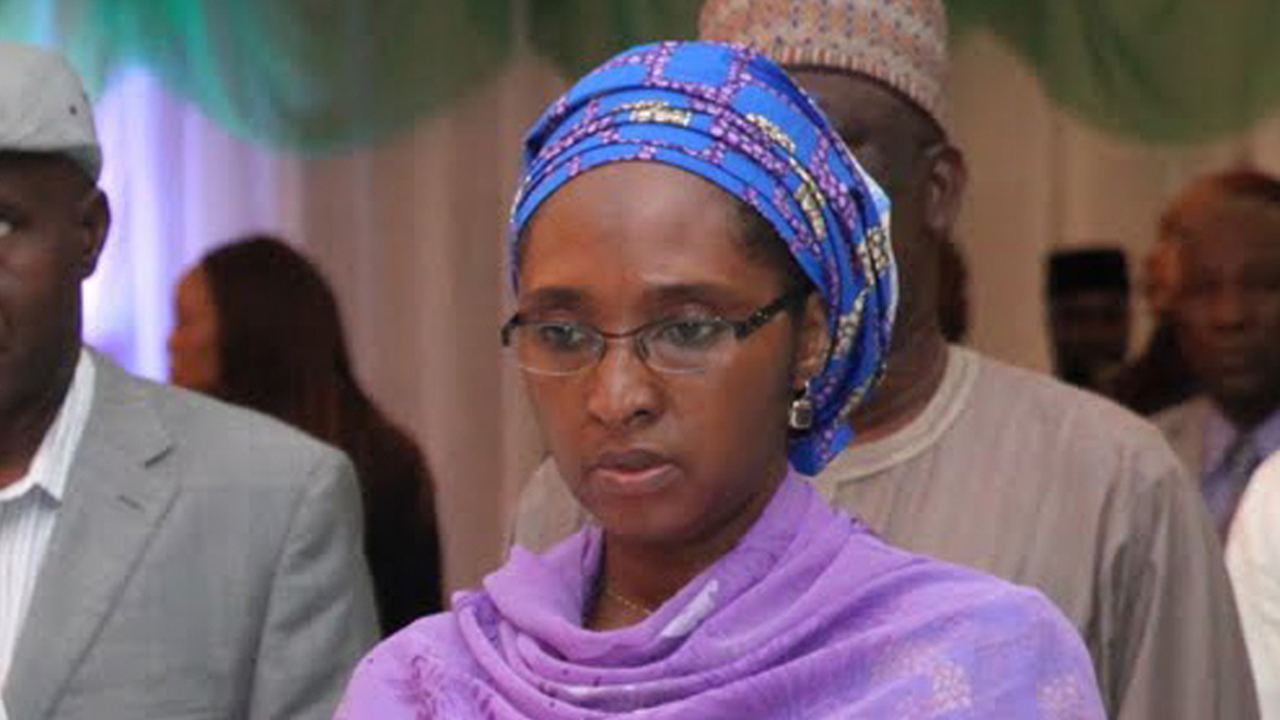The Minister of Finance, Mrs. Zainab Ahmed, Thursday said the total funds released for the implementation of capital projects across the country would hit N1.1 trillion by the end of this month.
President Muhammadu Buhari has also ordered for the restructuring of the country’s joint venture with the international oil companies (IOCs) to reduce the government’s stake from the current 55-60 per cent to 40 per cent within the 2019 fiscal year. This is coming as the Minister of Budget and National Planning, Senator Udoma Udo Udoma, also disclosed that a total sum of N820.57 billion had been released for capital projects as at December 14, 2018.
Both spoke in Abuja at the breakdown of 2019 budget proposal.
Ahmed said:”Let me first of all say that the N820 billion that has been released is just MDAs capital because we have releases also that go to the statutory transfer agencies that is released to them in block and that amount includes both their personal recurrent as well as capital.
“There are also capital releases that are done as part of the capital supplementation; that is to say it is service- wide that is not in the N820 billion.
According to her:”The N820 billion is 43 per cent of MDA capital; we are working to push this to N1.1 trillion by the end of December and that would be including the statutory transfers, the service-wide as well as the rest of the MDAs whose capital we are currently processing.”
On why the Excess Crude Account (ECA) had been depleted by about $1.68 billion in the last three weeks, she said the withdrawal reflected from the $1 billion approved for security operations on the North-east.
She said: “If you recall that the NEC (National Economic Council) had authorised the use of $1 billion from the excess crude account for security. So, the performance of that instruction is what has produced what we have in the excess crude account
“So, it’s been largely depleted but we are still saving into it and this is the third month that we have been saving consistently into the excess crude oil account.”
On the issue of the fuel subsidy owed to oil marketers, the finance minister said the sum of N177 billion had been released to the marketers, adding that before the end of this year, another tranche would be disbursed.
Meanwhile, Udoma further explained that spending on capital had been prioritised in favour of critical ongoing infrastructural projects in the power, roads, rail and agriculture sectors.
He said the implementation of the 2018 capital budget would continue into 2019 until the 2019 budget is passed into law.
He said as at the end of the third quarter of the year, the federal government’s actual aggregate revenue was N2.84 trillion, which was 40 per cent higher than the 2017 revenue.
He said oil revenue stood at N1.51 trillion, which was 101 per cent higher than 2017 estimates while Company Income Tax (CIT) was N500.37 billion.
He said the sum of N100.37 billion was collected as Value-Added Tax (VAT) while the Customs’collections totalled N229.62 billion.
The minister said the overall revenue performance was only 53 per cent of the target in the 2018 Budget “largely because some one-off items such as the N710 billion from oil Joint Venture (JV) asset restructuring are yet to be actualised and have He noted that of the total appropriation of N9.12 trillion, N4.59 trillion had been spent as at September 30, 2018 against the prorated expenditure target of N6.84 trillion, representing 67 per cent performance.
He said debt service and the implementation of non-debt recurrent expenditure, notably payment of workers’ salaries and pensions were on track.
He further emphasised that provision had been made for the proposed new minimum wage in the 2019 budget.
Udoma added that a high-powered technical committee has also been set up to advise on ways to ensure that the attendant wage adjustments can be funded without increasing the level of borrowing.
According to him, the committee will also advise on the implementation of the consequential adjustments in such a manner as to minimise their inflationary impact.
He said the recommendations of the committee will be captured in the Finance Bill to be presented to the National Assembly together with the Minimum Wage Bill.
Among other key initiatives of the present administration, he said, was that President Muhammadu Buhari had directed that immediate action be commenced to restructure the Joint Venture oil assets so as to reduce government shareholding to 40 per cent and that the exercise must be completed within the 2019 fiscal year.
According to him, the Department of Petroleum Resources (DPR) will within three months, complete the collection of past-due oil licence and royalty charges.
He emphasised that following the president’s directive, the Ministry of Finance, working with all the relevant authorities, had been authorised to take action to liquidate all recovered, unencumbered assets within six months.
He said given the improved oil prices and production levels, the Nigerian National Petroleum Corporation (NNPC) is to immediately commence the recovery of all outstanding obligations, including those due from Nigerian Petroleum Development Company (NPDC) (a subsidiary of NNPC), which it had agreed to pay since 2017.
Also speaking at the budget breakdown, the Executive Chairman of the Federal Inland Revenue Service (FIRS), Mr. Babatunde Fowler, said several MDAs are currently owing taxes to government, adding that some had commenced payments in installment.












